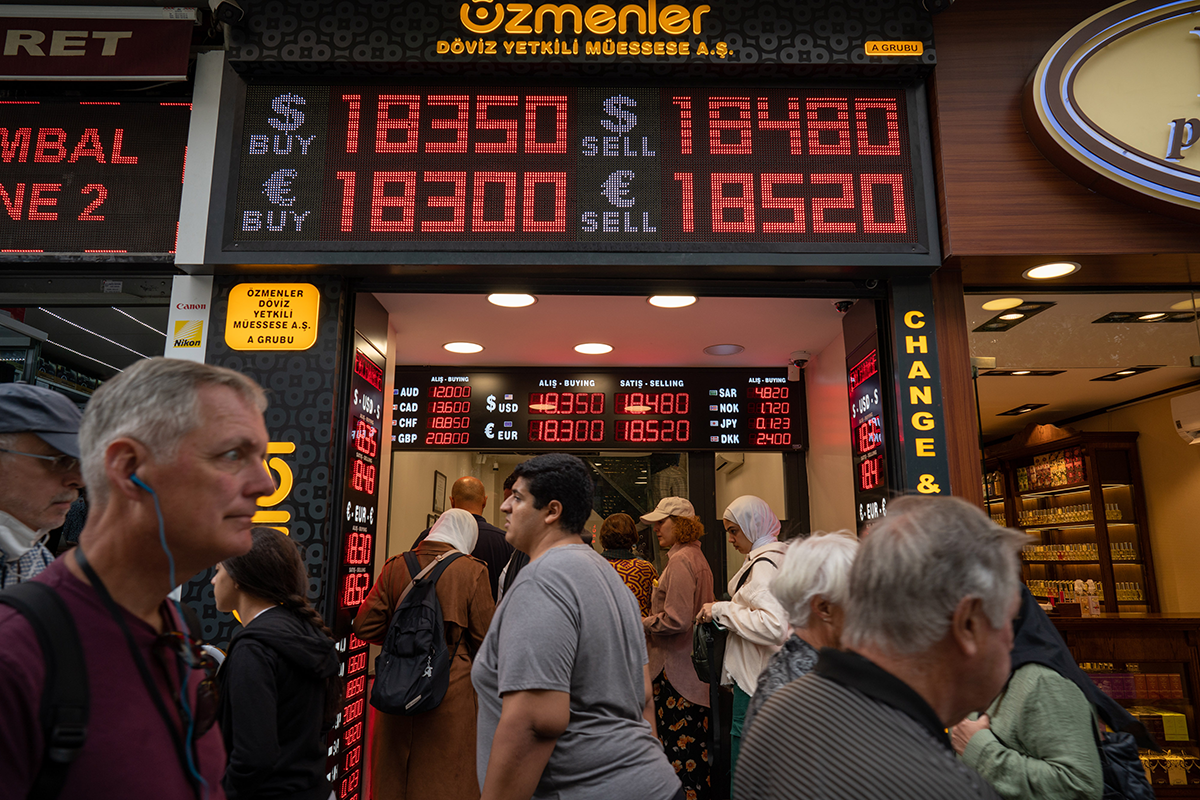UK (Parliament Politic Magazine) – Britain’s economy has experienced minimal growth for the past 18 months. The current level of economic activity remains stagnant, comparable to the period when Russia invaded Ukraine in February 2022, which further exacerbated the already existing inflationary pressure.
This prolonged period of economic stagnation is remarkable in its own right. It is uncommon for economies to remain at a standstill for such extended periods; typically, they either rebound or slide into recession. The UK has not witnessed a state of torpor like this since the late 1950s.
Britain Is Admist Prolonged Recession
However, everything is relative. Considering the dire predictions for the economy by the end of 2022, the latest official growth figures came as a pleasant surprise. At this point, Britain was expected to be in the midst of a prolonged recession, so it’s understandable that Rishi Sunak and Jeremy Hunt would feel a sense of relief.
Although it may have gone unnoticed by most people, the news of a 0.2% growth in the second quarter of 2023 was enough for the prime minister and the chancellor to assert that their plan was indeed effective.
The upcoming release of inflation figures on Wednesday will provide Sunak and Hunt with another opportunity to claim that the tide has turned. As energy prices did not experience the significant surge seen last July, it is anticipated that the government’s preferred measure of the cost of living, the consumer prices index, will show a decrease in the annual increase from 7.9% in the year to June to 6.8%.
UK Governement Concentrating On Boosting Economic Growth
Furthermore, due to the unfavorable weather conditions experienced last month, there is a possibility that inflation might even be lower than expected. In fact, the British Retail Consortium recently reported that its members offered substantial discounts to clear out their summer stock.
As a result, the prime minister now has a reasonable chance of achieving two out of the three economic goals he set at the beginning of the year: to stimulate economic growth and reduce the inflation rate. To some extent, it seems that the plan is working.
However, considering that the Conservative party will have been in power for 14 years by the time of the next election, these achievements are not groundbreaking. In order to make a compelling case for a fifth term, the Conservatives must demonstrate that they have a strategy to address the UK’s underlying economic issues.
Read More: Weather Woes: Seaside Businesses Struggle to Stay Afloat in Soggy Summer
UK Trade Dificit In Goods Continues
The magnitude of the challenge is evident from the trade figures released alongside the recent growth data. In the three months leading up to June, the UK’s trade deficit in goods exceeded £51 billion, while the deficit for goods and services combined was £19 billion.
Traditionally, trade figures were considered a crucial indicator of the nation’s economic well-being. Strangely, however, interest in the import and export trends has diminished even as the UK’s performance has significantly worsened.
The Office for National Statistics has provided detailed figures that span from 1997 to present, shedding light on the UK’s trade balance. Initially, in 1997, there was a surplus of £22 billion in services, which more than compensated for the £16 billion deficit in goods.
However, the situation took a turn for the worse over time. By 2007, the deficit had grown to £32 billion, primarily driven by a shortfall of £95 billion in goods. This was partially offset by a surplus of £63 billion in services. Fast forward to 2016, the year of the Brexit vote, and the deficit had further increased to £38 billion.
Surprisingly, there was a significant surplus of £101 billion in services, but this was overshadowed by a staggering £139 billion deficit in goods. It is worth noting that out of this goods deficit, £96 billion was with the EU, while the remaining £43 billion was with the rest of the world.
These figures from the ONS highlight the UK’s heavy reliance on the service sector, which accounts for approximately 80% of the country’s national output. Moreover, they demonstrate the remarkable competitiveness of this sector on the global stage. In fact, exports of services reached an impressive £400 billion last year, which is double the figure recorded in 2010.


